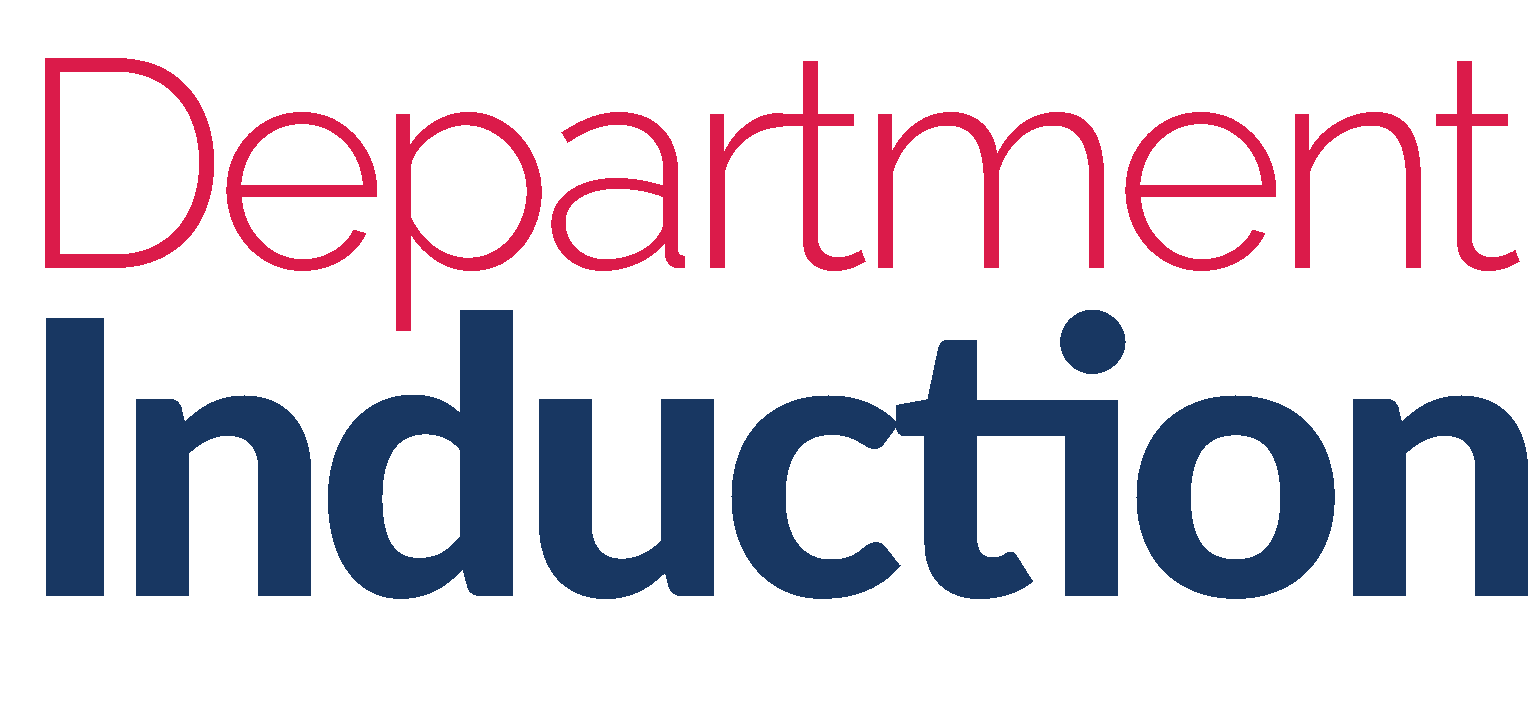
Paediatrics and Neonatology induction booklet was contributed by the following;
Dr Adrina Gnanachandran
reviewed by Dr Nassir
updated by Dr Khadijah Ginwalla and Dr Adam Worrall
Select the booklet titles below to expand the table to view more information.
Paediatrics Introduction
Your time with the paediatrics/neonatology team as an FY1 will either be spent on C2 (the children’s ward), Paediatric Assessment Unit (PAU), or the Neonatal Unit. Usually, this means you will be scheduled to spend a week on each ward, rotating amongst the three. However, depending on the need, you may be required to help out with another part of the team. You will also have the chance to experience observing consultant clinics in the dedicated weeks on your rota. You should aim to sit in with a wide variety of clinicians including specialist nurses, midwives for tongue tie clinics and orthopaedic clinics.
C2 Children’s Ward
Your day will start at the handover at 9:00am in the junior doctor’s office (next to reception). Here, the night team will hand over the patients from overnight to the day team. The team during the day will usually consist of:
- One consultant
- At least one registrar
- At least one SHO
- plus yourself.
Ward Round
Following handover, you will help with completing the ward round with either the consultant or registrar, and then go on to complete the agreed jobs from the ward round.
Jobs include general clinical duties such as venepuncture then chasing the results later in the day, arranging referrals, updating relatives and completing discharge letters (referred to as JACS but completed on WellSky).
You will have opportunities to:
- assist in child protection medical examinations
- join safeguarding meetings, do cannulation
- help out with LPs and long line insertions
Do take any opportunity that arises, you will learn so much in these next 4 months!
Ward Lists
As a new junior doctor, it can be daunting to be faced with unwell children and their families. However, this specialty is wonderful in that there is always a lot of senior support available.
Towards the end of the day, it is part of your responsibility to update the ward list which can be found on the MS Teams Paediatrics team page – your rota co-ordinator and college tutor will add you to the MSTeams folder at the start of the placement and access to this will be very helpful for you!
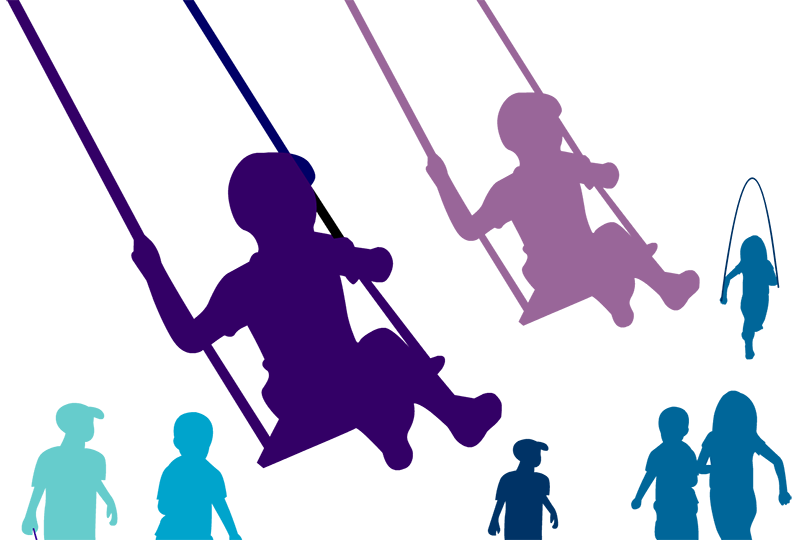
Blood tests
It is also important to bear in mind that children who require bloods are still being requested via paper forms but this is slowly being phased out to use the requesting on Sunrise and therefore the printer generated labels. Your ward- based responsibilities will be 9:00am to 5:00pm. At 4:30pm there is a handover to the oncoming team.
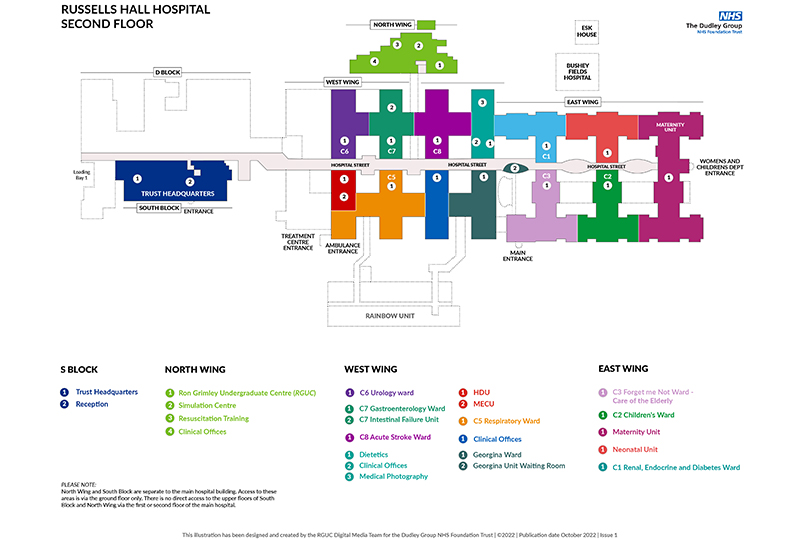
Paediatric Assessment Unit
PAEDIATRICS ASSESSMENT UNIT
This is a fantastic opportunity to expand your paediatrics’ knowledge. You will be clerking in patients that are admitted to PAU, then presenting your findings to the registrar covering PAU. Formulating a management plan can be difficult at the start, but you must try- as this is the best way to learn.
When a patient is being discharged ensure they have a discharge summary (to be completed on WellSky). If a patient is going to be admitted to the paediatrics ward, please ensure they are clearly handed over to the C2 ward team and added to the ward list on MS Teams.
Clinical bookings
If a patient needs to be seen in clinic by a particular consultant, you should fill in the outpatient referral form. This must be approved and signed by the consultant of the week before it is accepted by the ward clerk with the patient notes.
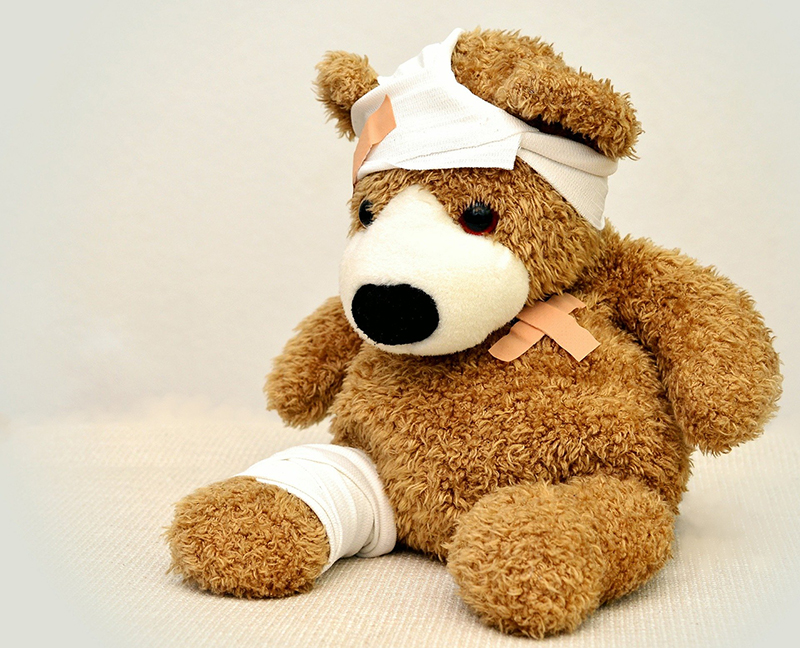
PAU Job’s Book
There is a job’s book on the front desk that is the PAU team’s responsibility to chase and complete each day. Jobs on the list are created from the children’s ward and PAU, such as chase outstanding investigations and act on them as appropriate if results are abnormal. You may need to for example, contact parents to explain results and ask them to pick-up outpatient prescription of antibiotics following a positive urine culture. Always seek advice from your senior if you are unsure of the plan.
PAU will get very busy on most days, sometimes the job’s list will get left behind but do try and remember to chase the jobs and keep the list up-to-date when you get a chanceWhen adding a job to the PAU jobs book, give as much detail as possible as to why the child came in, what they were treated for or tested for to allow the person chasing the jobs to make the most appropriate plan based on the results etc.
PAU Job’s Book
In the morning handover, you may notice doctors initialising blood results. This is part of your responsibility. When you are on PAU, you must act on any abnormal results- this could include ringing the GP or requesting advice from the registrar or consultant.
Neonatal Unit
NEONATES AND POST-NATES
The neonatal unit is divided into ‘neonates‘ which is consultant-led, where babies require admission for more significant treatment, and ‘post-nates’ which is predominantly midwife-led care, where generally babies are quite well.
However, midwives may call the doctors for review of babies they are concerned about, so you may spend some time on post-nates reviewing babies who are generally well, but require a small amount of medical intervention shortly after birth. This may include a short duration of antibiotics, monitoring for jaundice or assistance with a feeding regime.
You will also be asked to complete NIPE examinations for babies within 72 hours of birth. Any babies on post-nates who have had intervention and need to be reviewed again the following day, or there are pending jobs, should be added to the neonatal handover list. Some of these babies on post-nates need an admission to the NNU and discharge badger letter (see later). They may also sometimes need follow-up which should be approved by the neonatal consultant of the week.
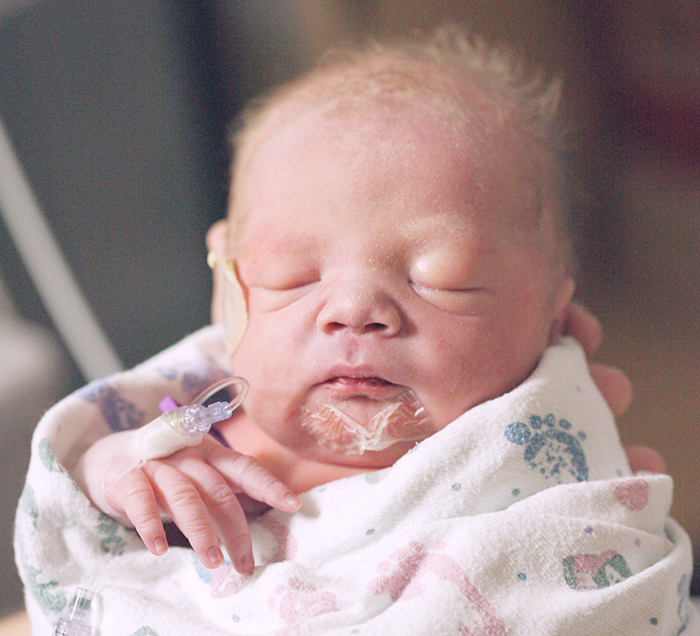
Transitional Care
There are flexi beds (4-8 babies) in the transitional care bay for babies on the postnatal ward where babies who are preterm or discharged from NNU are cared for by one of the neonatal staff nurses. You are required to do ward rounds on transitional care with support from ST1/ST2/ANNP and neonatal registrar on-duty. These babies also need an admission and discharge badger letter and may sometimes need follow-up which should be approved by the neonatal consultant of the week. During your initial few days/weeks, you can always ask for help from other team members to explain and show you how to review a neonate and about documentation in case notes.
Responsibilities
In terms of day-to-day responsibilities, you will have handover for the neonatal side at 9:00am in the doctor’s office. Following this, you will go on the ward round, and complete the necessary jobs.
The handover for the neonatal team in the afternoon is again at 4:30pm. A vital part of your responsibility is to complete admission and discharge summaries for patients on a national system called BADGER (it lists literally EVERYTHING that has happened to the baby whilst on NNU and is important to keep up-to-date during their admission). You will receive training for this during your induction week.
By completing NLS you will have the opportunity to go with the SpR/SHO to deliveries – this will only be organised for you if you ask for it. This is a fantastic learning opportunity.
Paediatric Information for FY2s
Handover
Children’s ward (CWD) Reg and SHOs attend handover at the start of the shift in C2 in the junior doctors office- either at 09:00 or 21:00. All the patients will be discussed at handover, including outstanding issues/jobs.
FY2s are part of the Tier 1 rota which is staffed by a combination of lower paediatric trainees, GP trainees and trust grade fellows. Tier 1s are supported by the Tier 2 registrars and Senior MTI Doctors, and if required the Consultant-of-the-Week (COW), or consultant out-of-hours. As an FY2 on the Tier 1 SHO rota below are the possible shift patterns you will work on C2.
Work Days
A. CWD Long day – (day on call)
09:00- 2130
B. CWD Nights – (night on call)
21:00-09:30
C. CWD – (normal working day)
09:00-1700, weekdays only
D. PAU
09:00-17:00, weekdays only
E. PAU Late
11:00-19:00, weekdays only
F. PAU Twilight
13:00-21:00, weekdays only
G. Weekend PAU
09:00-14:00, Saturdays only
H. Weekend Postnatal ward/ PAU
Sundays only
09:00-14:00 on Postnatal Ward
14:00-17:00 on PAU/Children’s ward
Our Department
The paediatrics department comprises of:
- C2 – Children’s ward – High dependency unit (HDU), stations 2, 3 and 4
- Paediatric Assessment Unit (PAU)
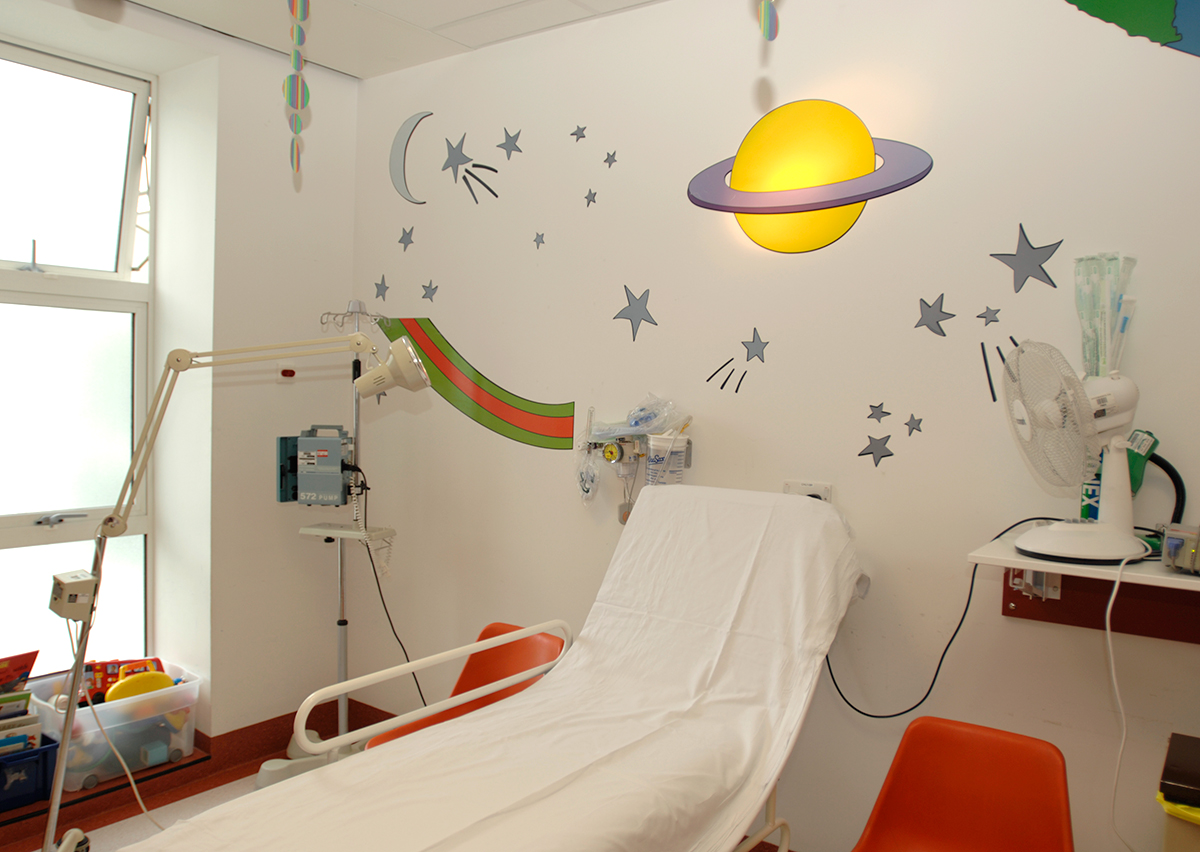
Shifts
Day shifts
Paeds SHOs see the patients in Children’s ward with either consultant or Tier 2 registrar. All patients are seen daily. After the ward round, the team will reconvene in the junior doctors office to discuss all the patients, and identify any jobs from ward rounds. The rest of the day would be focusing on completing jobs. The team will meet again at 16:30 for handover to the evening team/ out-of-hours consultant.
Night shift
Not all children on the ward require review overnight. Patients who require reviews are identified at handover. It is sensible to review the patients in HDU, if any – usually the registrars will do this. The night SHO covers PAU out of hours with the support of the registrar.
Paediatric Assessment Unit
There is at least one SHO in PAU from Monday to Friday 09:00-17:00. The number of SHOs on PAU vary but cover during the weekend is very limited.
The PAU SHOs usually attend handover in the morning but will answer any bleeps received during this time from GPs, community midwives or UCC . Please discuss with the PAU Registrar if unsure of any referrals. Registrars usually expect you to discuss all referrals and the sister in charge of PAU will also need to be informed to ensure there is space in PAU for the child to be assessed according to their needs. E.g., D&V will require a cubicle as will usually a suspected sepsis that requires screening.
If you feel the referral is surgically related, then the GP should be redirected to discuss referral with the surgical SHO.
Once the patient has been accepted to PAU for assessment, it is important to obtain patient details including name, date of birth, and NHS number. You will need to write the surname and initial of the first name on the PAU board, and inform the nurse in charge in PAU of the referral.
When children come in to PAU they will first be seen by the triage nurse who will take a brief history and do a set of observations. They will then be seen the yourself, the SHO and you can then fill out the admission booklet. You can then discuss the patient with the PAU registrar who will review the child and finalise the management plan.
There are two important books in PAU – PAU Diary and Jobs Book.
PAU Diary
The diary is used to book patients in for clinical review/ assessment or blood tests. When booking a patient in the diary, you will need patient details, clinical details, reason for review, investigations (if required) and action required. Usually these children are seen directly by the PAU registrar.
In the morning handover, you may notice doctors initialising blood results. This is part of your responsibility. When you are on PAU, you must act on any abnormal results- this could include ringing the GP or requesting advice from the registrar or consultant.
Paediatric Further Information
Shifts
There are generally 6 shift patterns for Neonatal Department. The SHO rota is staffed by the same doctors as the Paediatric ward, with the addition of very experienced Advanced Neonatal Nurse Practitioners (ANNPs).
A. Long day (LD)
a. 09:00- 2130
B. Nights
a. 21:00-09:30
C. NNU Extra
a. 09:00-1700, weekdays only
D. Weekdays Postnatal ward/ transitional care
a. 09:00-17:00
E. Weekend Postnatal ward
a. 09:00-14:00, Saturdays only
F. Weekend Postnatal ward/ PAU
a. Sundays only
b. 09:00-14:00 on Postnatal Ward
c. 14:00-17:00 on PAU/Children’s ward
Handover
All staff are expected to attend handover at the start of the shift in NNU- either 09:00 or 21:00. All the babies will be discussed at handover, including outstanding issues/jobs. Tier 1s are supported by the Tier 2 registrars, and if required the Consultant-of-the-Week (COW), or consultant out-of-hours.
Our Department
The neonatal department comprises of:
Neonatal Unit (ITU, HDU, Side Rooms, Nursery)
Postnatal Ward
Transitional Care
Maternity/ Delivery suites
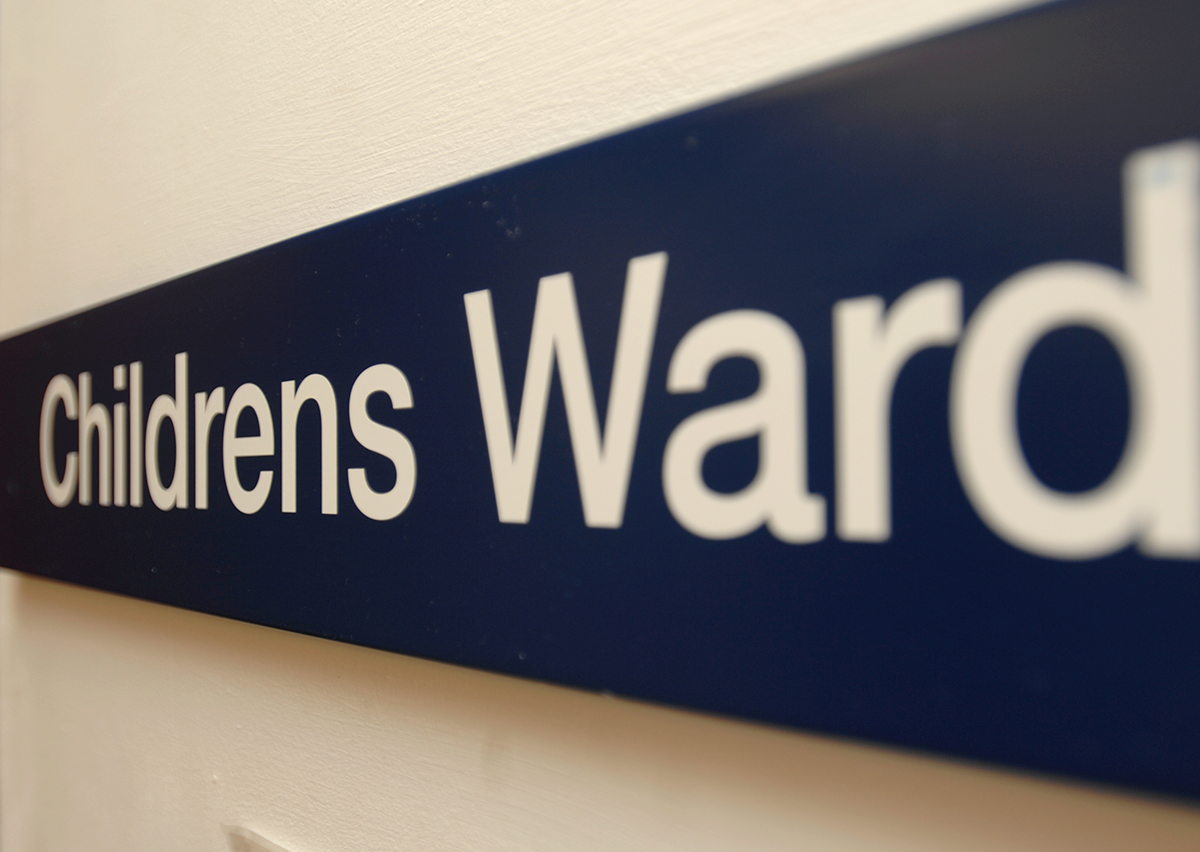
Working in Neonatal
Day shifts
NNU SHOs will see the patients in Neonatal Unit with either consultant or Tier 2 registrars. After the ward round, the team will reconvene to discuss all the patients, and identify any jobs from ward rounds. Jobs are recorded on the NNU Jobs Book, and distributed among the team. The team will also meet at 16:30 for handover to evening team/ out-of-hours consultant.
Nights
Generally, all babies in ITU need to be reviewed by the night team. Any other babies who require review/ jobs chasing, should be identified and discussed at handover (09:00 or 21:00). Again this is usually done by the registrar.
Working on Postnatal ward/ Transitional Care
Tier 1 trainees are required to review the babies on both units. These babies are usually listed in the handover sheet, and will be discussed at handover. Midwives may also contact the neonatal team, via bleep to request for reviews, which may include babies on the delivery suites/maternity unit. Tier 1 SHOs will meet the team again on NNU at 16:30 for handover to the evening team.
Clinics
All SHOs are allocated clinic days in their rota however sometimes we may be asked to cover on the wards if there is understaffing on the ward.
In the morning handover, you may notice doctors initialising blood results. This is part of your responsibility. When you are on PAU, you must act on any abnormal results- this could include ringing the GP or requesting advice from the registrar or consultant.
Bleeps
A. There is only one bleep for the Paediatric Department SHO
#6165
As a rule of thumb, the PAU SHO will carry this bleep. All referrals to PAU will be
directed to this bleep, which includes referrals from GP in the community or Urgent
Care Centre or community midwives. If there is no PAU SHOs, then the long
day/night SHO will carry the bleep. Run bleeps past the registrars to ensure there is space on PAU for the referral and the referral is appropriate – you don’t want a very unwell child in PAU who would be safer to send to ED first.
#6165 is part of the paediatric crash team.
#6164 – NNU SHO
The NNU SHO (either Long day, Nights, or NNU extra) will carry this bleep, and can
be decided at handover.
This will be the first point of contact for midwives regarding neonatal team
attendance for deliveries. Your first few deliveries you are expected to take the registrar with you and after that you can attend alone as you feel comfortable.
#6164 is part of the neonatal crash team, along with the Registrar and NNU Nurse.
#7500
The PNW/TC SHO will carry this bleep from 09:00-17:00 on weekdays. The NNU SHO (long day/nights) will carry the bleep outside of these hours. On weekend 09:00-14:00 shift, the NNU SHO will take over the bleep at 14:00 from the PNW/TC SHO.
MRI Scans
Children will often come in for MRIs/scans under sedation. These will be day admissions and doctors will be asked to prescribe the sedation for them. There is guidance on the Hub on how to do this. We will need to speak to the parents and fill out a pink consent form as well as prescribe the chloral hydrate based on the child’s weight. Speak to the registrars for more guidance and refer to the Hub guidelines. These children will also require discharge paperwork as they were technically admitted so be sure to complete these too!
Although it can be daunting knowing that as FY2s we are technically Paediatric SHOs, the team are really supportive and friendly and EXPECT us to ask questions and ask for support. There is lots of opportunity to do really cool procedures like LPs, long lines etc so get stuck in!
Health and Wellbeing
Staff that are happy and thriving in their working environment will inevitably have a more enjoyable experience in the workplace, contributing to the provision of excellent health care for all of our patients. The Dudley Group recognises our commitment to staff wellbeing in a variety of ways.
Select the link below to find out more how the Trust can support you.

